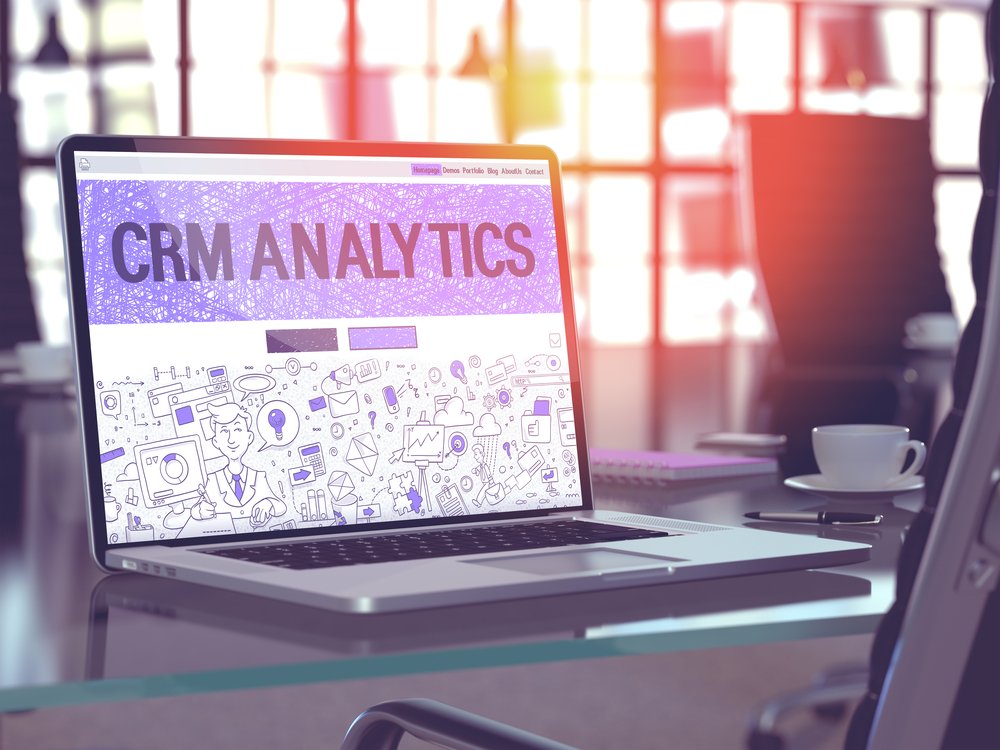Most businesses today have some sort of CRM (Customer Relationship Management) system, yet a whopping 30% of businesses have no plan in place to update or clean CRM records (source). Research shows that a thriving business can generate up to 70% more revenue with clean data. Whether your customer data is stored in an excel sheet or you have a sophisticated CRM, here are three reasons why you need clean data:
1. Saves Time and Money
It costs $1 to verify a record, $10 to scrub it later and $100 if nothing is done  (source). The cost of emailing, snail mailing and phoning bad contacts adds up quickly when you look at lost man-hours and physical costs like postage. You want your sales and marketing people to have clean accurate data so they can focus on doing what they do best. It is estimated that bad data in CRMs costs U.S. Businesses more than $611 billion each year!
(source). The cost of emailing, snail mailing and phoning bad contacts adds up quickly when you look at lost man-hours and physical costs like postage. You want your sales and marketing people to have clean accurate data so they can focus on doing what they do best. It is estimated that bad data in CRMs costs U.S. Businesses more than $611 billion each year!
2. Don’t Want to be a Spammer
Most companies rely on email to communicate to leads and customers. Clean CRM data is imperative for successful email campaigns because it helps increase your sender reputation and increase deliverability. If you regularly send mass emails, you have a sender score. You don’t want to risk your emails going directly to SPAM folders because of a bad sender score. Instead of your carefully crafted emails reaching your leads and customers, they will just end up in junk folders.
3. Customer Satisfaction
Chances are that you frequently use email to communicate with your customers. Having bad customer data decreases your chances of having happy customers. A customer may be getting multiple copies of the same email due to duplicate records and that leads to frustration or them opting out of emails. Another scenario is they are missing out on important information like service reminders, price increases, and sales.
It is critical to the success of a business to have clean CRM data, whether they are large or small. CRM data directly impacts marketing, sales and customer satisfaction. Data decay is something that all businesses face but implementing a process that prioritizes clean CRM data can combat that.
If you are interested in receiving more content like this, please subscribe to our blog.